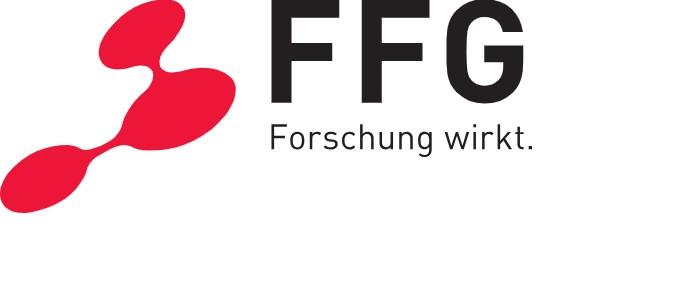IDEAL
Abstract (english): Energy communities (ECs), as stipulated by the Renewable Energy Directive (RED) and the Electricity Market Directive (EMD), are fundamentally transforming the role of energy consumers within energy systems. Formerly passive consumers are empowered to become proactive members with the opportunity to actively shape the operation of their energy supply. While ECs primarily aim to advance the energy transition and reduce CO2 emissions through local and sustainable energy consumption, they should also generate social and societal added value. However, the absence of a clear definition and concrete benchmarks for social and societal added value in both national and European legal frameworks, hinders the establishment of the necessary foundation for implementing and analysing this generated added value.
Particularly regarding gender discrimination and the persistent underrepresentation of women in technical domains and the energy sector, it is crucial to dissect existing structural exclusion mechanisms and intersectional correlations. Evidence-based indicators should be implemented to enhance the social added value of ECs, particularly as digitalisation reshapes the energy sector and its role(s). Various digital energy (trading) platforms designed for ECs, including P2P models and related digital frameworks, already exist to (1) facilitate the technical integration of households and appliances, (2) inform and engage participants, and (3) activate end users in various roles, such as members, investors, and multipliers.
For ECs and their associated platforms to support social change without reproducing and exacerbating existing inequalities, special attention must be dedicated to systemic factors, including platform design, to address systemically excluded demographics. This project’s aim is to develop a set of indicators based on the analysis of gender and diversity-related aspects in the development and use of digital energy (trading) platforms. These indicators will be employed to assess the social effectiveness of ECs and their opportunities for inclusive participation.
Concrete recommendations for action will complement this assessment, serving as guidance for decision-makers, stakeholders, developers and designers of digital platforms in addressing structural exclusion mechanisms and intersectionality in the realm of digitalisation. The empirical analysis of selected energy trading platforms will form as the basis for the examination of existing challenges, with a particular focus on accessibility, diversity and inclusion through an intersectional lens. The development of the indicator set and initial recommendations for action are grounded in analytical and experimental findings, with consideration of behavioural economics, sociological findings and the application of social-empirical methods. The identified indicators and recommendations will undergo verification through use cases and iterative improvements. The resulting set of indicators and recommendations will be disseminated based on the analytical and experimental findings, as well as the iterations in the application context.


Senior Lecturer/Researcher